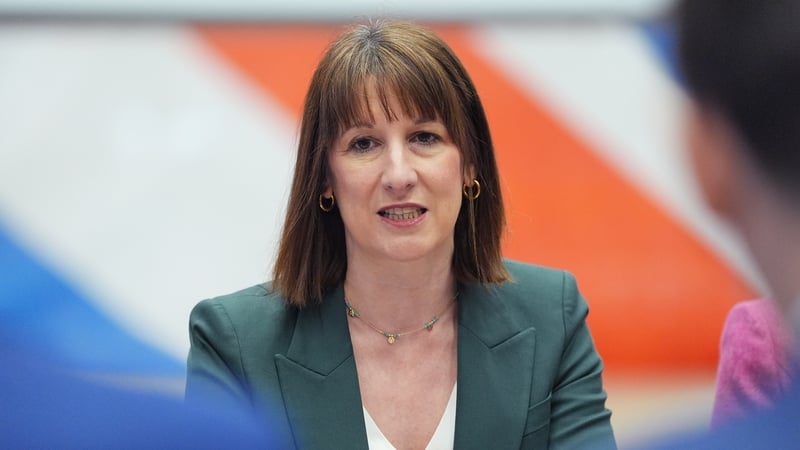UK should tax banks on reserves held at Bank of England, think-tank says
Updated / Friday, 29 Aug 2025 10:49

British finance minister Rachel Reeves should use her autumn budget to tax banks on the billions of pounds they receive in interest from the Bank of England on reserves they hold at the central bank, a think-tank recommended today.
Around £22 billion a year, which goes to the banks as a result of the Bank of England’s bond-buying programme, represents a subsidy to the lenders, the Institute for Public Policy Research said.
Echoing calls made by other commentators in recent years, the IPPR said a new tax on the interest the banks receive would give Reeves more room to meet her fiscal rules.
Reeves is widely expected to increase taxes again after raising them on employers in her first budget last year.
“What started as a programme to boost the economy is now a massive drain on taxpayer money,” Carsten Jung, associate director for economic policy at IPPR, said.
British bank shares were the worst performers among the STOXX 600 index of large European companies after the Financial Times said fears were growing in the finance industry that Reeves would target banks in her budget.
NatWest was down 3.5% and Lloyds down 2.6%, while Barclays dropped 2% against a flat FTSE 100 index.
A spokesperson for Britain’s finance ministry said the best way to strengthen public finances was to speed up economic growth.
“Changes to tax and spend policy are not the only ways of doing this, as seen with our planning reforms,” the spokesperson said.
UK banks hold hundreds of billions of pounds of reserves at the Bank of England, largely as a result of its quantitative easing – or bond-buying – that was launched during the 2008-09 global financial crisis and is now being run down.
Banks are paid interest on reserves at the Bank of England’s benchmark rate, which is higher now than during the QE programme. Bank of England losses are covered by the Treasury and, ultimately, taxpayers.
Bank of England Governor Andrew Bailey has said the system was essential to transmit changes in official interest rates to the economy.

In June, Bailey again defended the programme after it came under fire from some politicians – including from within Brexit campaigner Nigel Farage’s Reform UK party – for its cost.
In May, Bailey and Reeves raised the prospect of the Bank of England making money from its new system for providing reserves to banks after racking up huge losses from its bond-buying programme.
A spokesperson for UK Finance, an industry group, said banks paid almost £45 billion in tax last year, including a corporation tax surcharge and a bank levy.
“Adding another tax would make the UK less internationally competitive and run counter to the government’s aim of supporting the financial services sector to help drive growth and investment in the wider economy,” the spokesperson said.
Calls for a rethink of the system date back years. Former Bank of England deputy governor Paul Tucker said in 2022 the government should review it.
In the run-up to Reeves’ first budget last year, banks expressed concern that they might be hit with higher taxes. Industry sources said at the time that an increase in an existing surcharge on banks would be simpler than changing the system of paying interest on reserves at the Bank of England.
Reporting by Reuters




